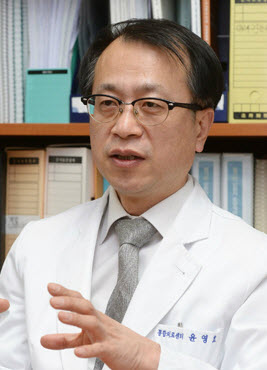
Professor YUN Young Ho
The so-called “Well-dying Act” passed the National Assembly on January 9. Professor Young Ho Yun (College of Medicine) was the hidden driving force behind this. “We have to prepare in advance so that when the Well-dying Act comes into force in 2018 it can settle into our society,” he said. The Well-dying Act gives patients the right to terminate meaningless life-prolonging treatment and instead choose hospice or palliative care. “Merely terminating life-prolonging treatment does not mean ‘well-dying.’ We have to provide patients with adequate care so that they can prepare for death,” said Professor Yun. There are worries that the Well-dying Act could be abused by the patient’s family and lead to contempt of life. However, Professor Yun says that the law is clear that only patients who cannot be revived by any treatment and whose condition has been confirmed by two doctors can refuse life-prolonging treatment.
Published in Segye Ilbo
Summary by LEE Hee Un, SNU English Editor, gurume0221@snu.ac.kr
Proofread by Melora Brett Briana Johnson, morningcalm2@gmail.com

